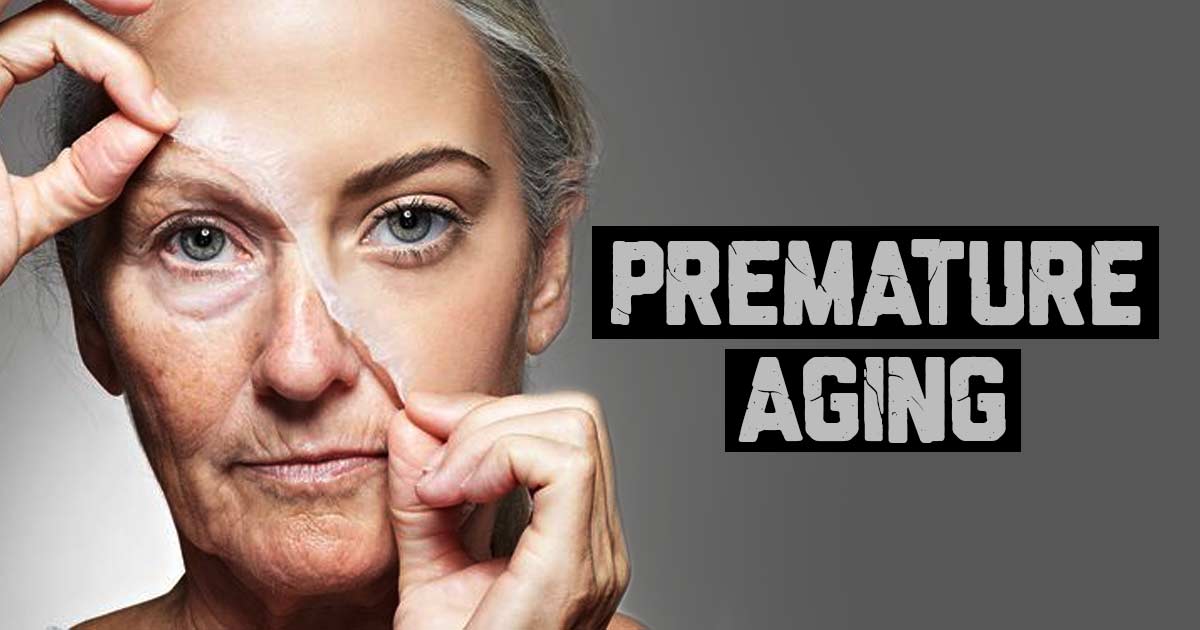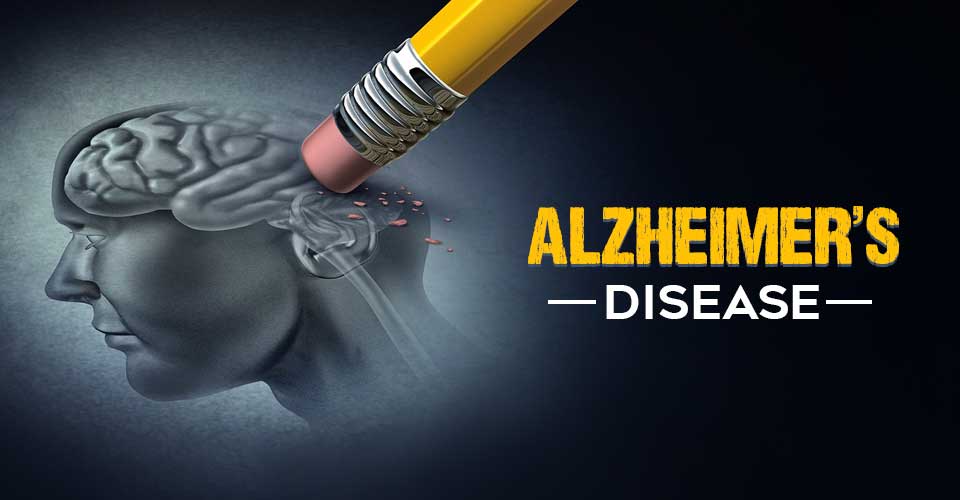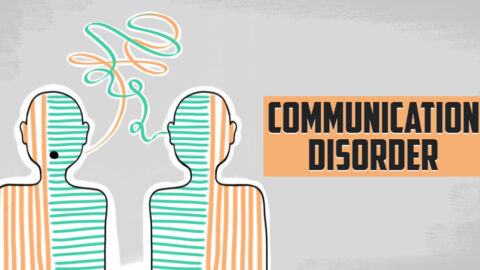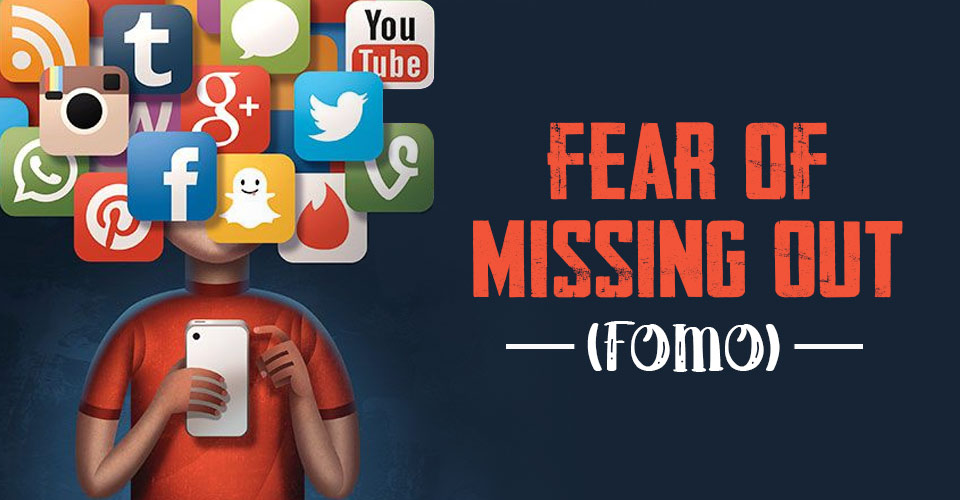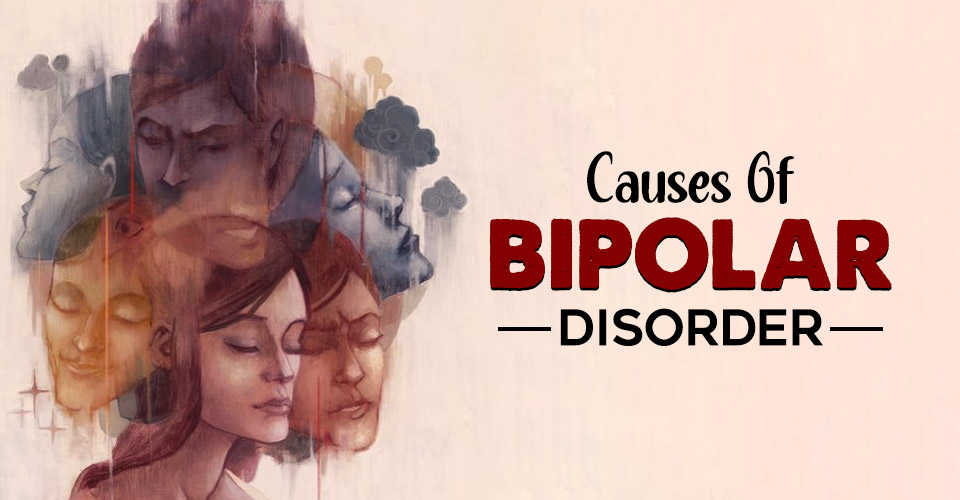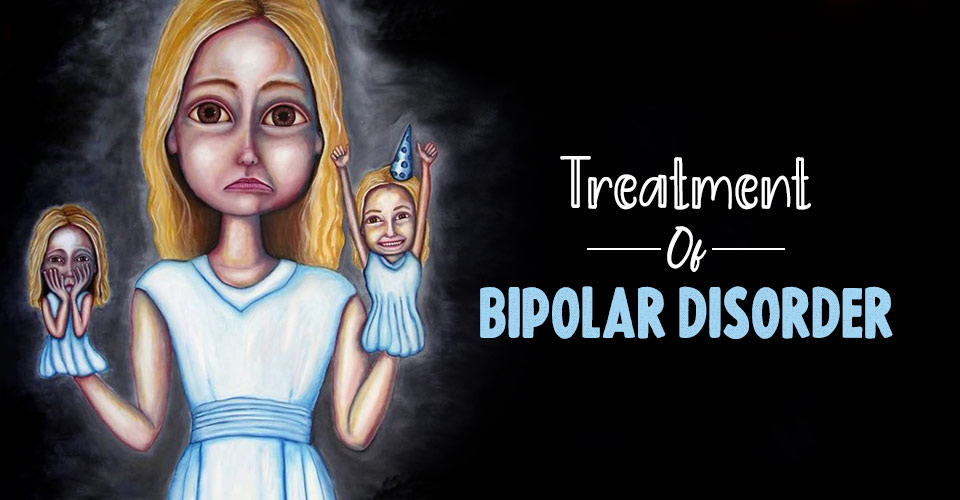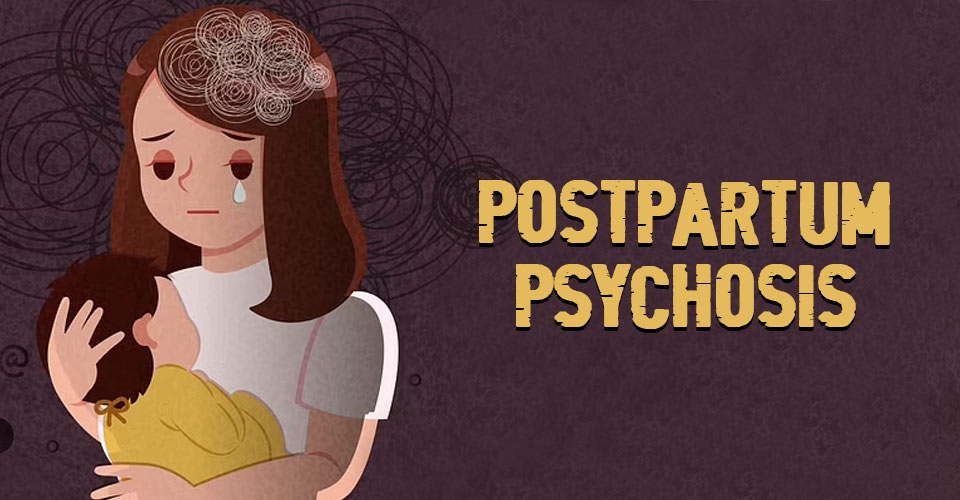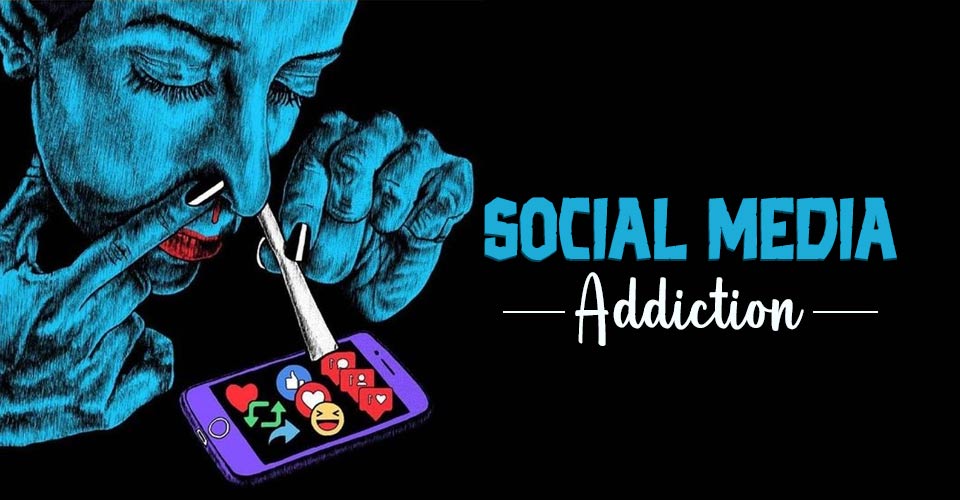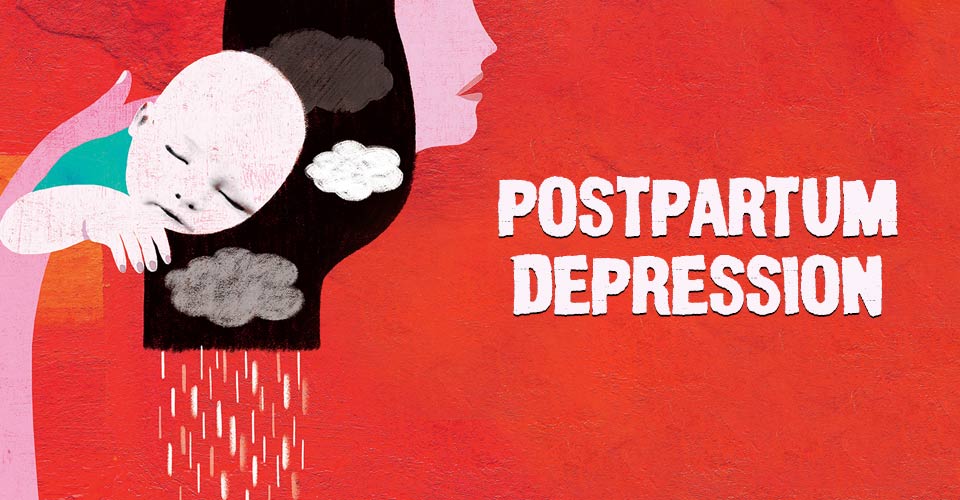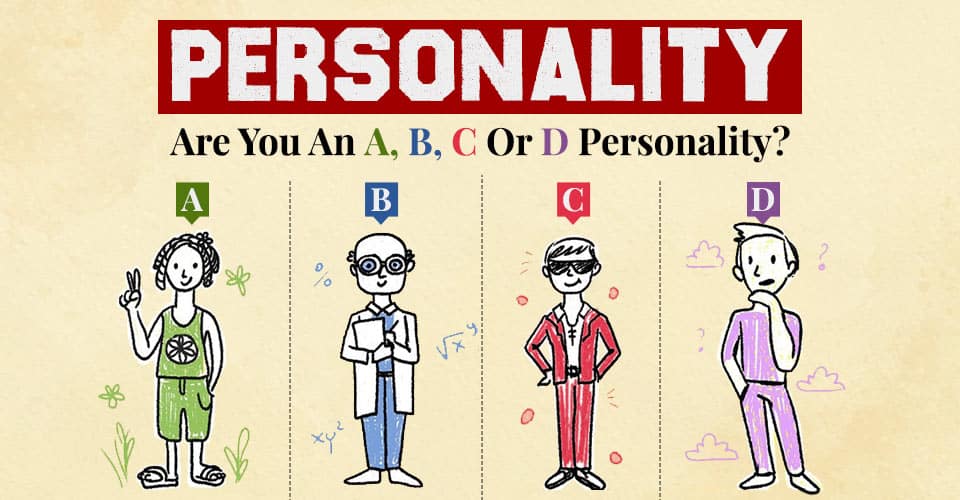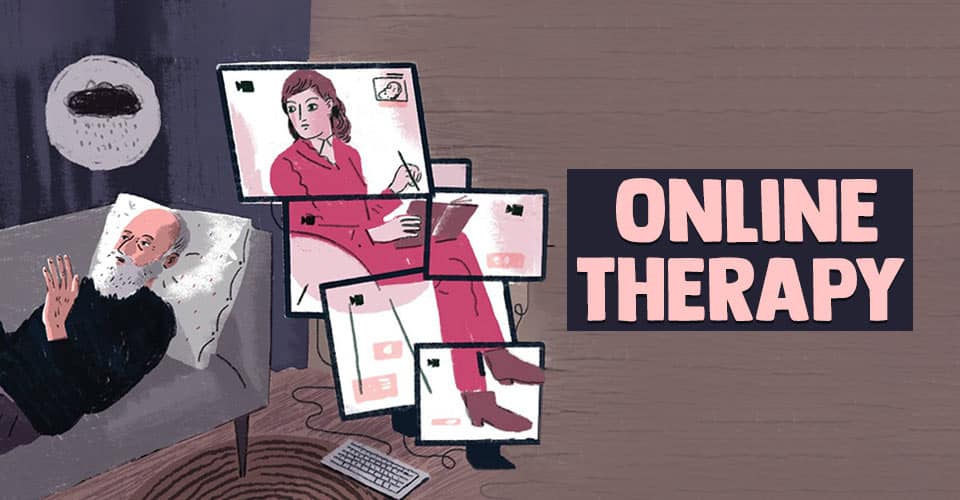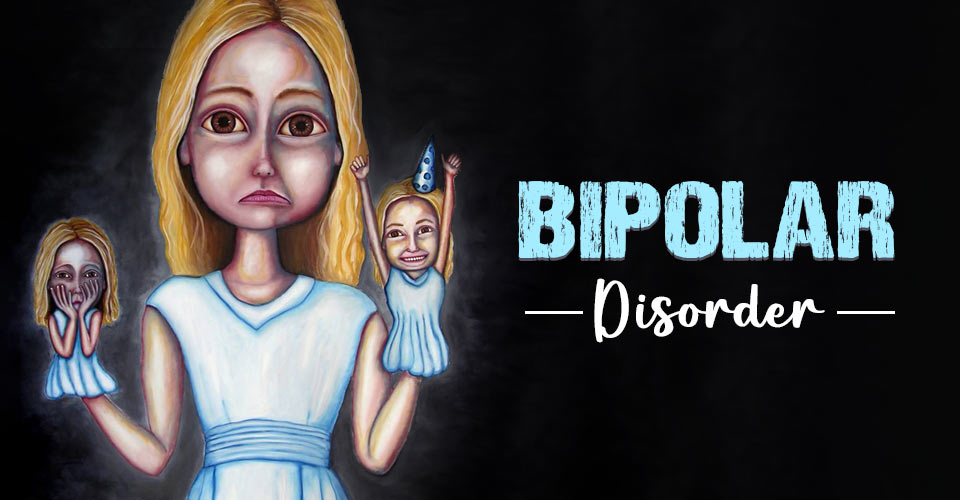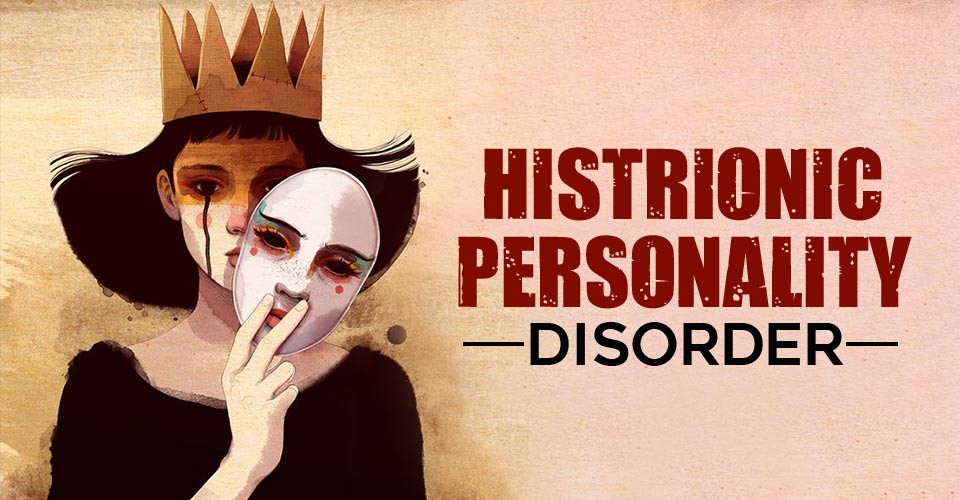Premature aging refers to those symptoms of aging that come early or untimely due to underlying mental and physical health conditions. It is associated with poor health and higher incidences of mortality.
What Is Premature Aging?
Premature aging refers to a condition 1 Beauregard, S., & Gilchrest, B. A. (1987). Syndromes of premature aging. Dermatologic clinics, 5(1), 109–121. where an individual exhibits symptoms of aging at a much faster rate than usual. This can manifest as physical changes such as wrinkled skin, thinning hair, and decreased muscle mass, as well as health problems typically associated with old age, such as heart disease, arthritis, and osteoporosis. It is also known as accelerated aging or progeria 2 Sickles, C. K., & Gross, G. P. (2020). Progeria (Werner Syndrome). PubMed; StatPearls Publishing. Available from: https://www.ncbi.nlm.nih.gov/books/NBK507797/ .
Premature aging happens when a person’s biological age is older than their chronological age. While some degree of aging 3 Foo, M. X. R., Ong, P. F., & Dreesen, O. (2019). Premature aging syndromes: From patients to mechanism. Journal of dermatological science, 96(2), 58–65. https://doi.org/10.1016/j.jdermsci.2019.10.003 is a natural part of the human lifespan, premature aging can significantly reduce the quality of life and increase the risk of serious health problems 4 Wertz, J., Caspi, A., Ambler, A., Broadbent, J., Hancox, R. J., Harrington, H., Hogan, S., Houts, R. M., Leung, J. H., Poulton, R., Purdy, S. C., Ramrakha, S., Rasmussen, L. J. H., Richmond-Rakerd, L. S., Thorne, P. R., Wilson, G. A., & Moffitt, T. E. (2021). Association of History of Psychopathology With Accelerated Aging at Midlife. JAMA psychiatry, 78(5), 530–539. https://doi.org/10.1001/jamapsychiatry.2020.4626 .
It makes the affected person prone to mental and physical health conditions, with the more severe cases of premature aging experiencing a shortened lifespan.
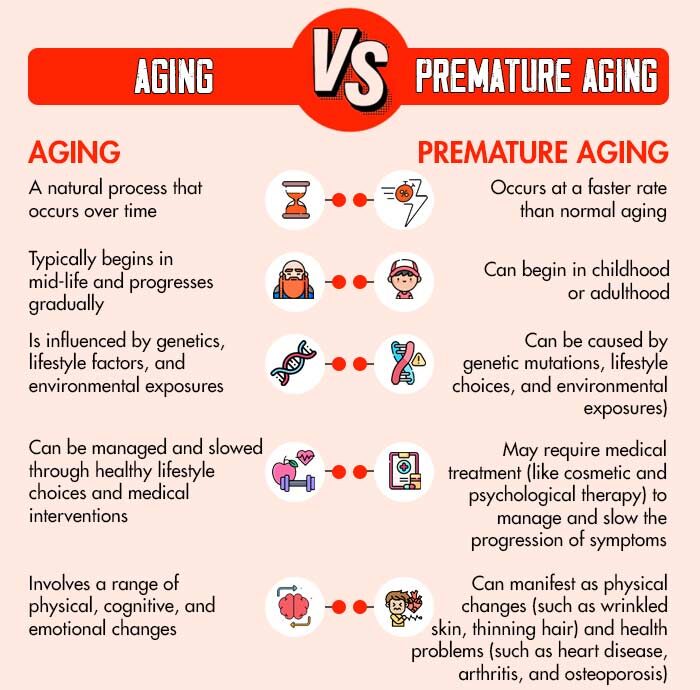
Read More About Aging Here
Signs Of Premature Aging
Research 5 Coppedè F. (2021). Mutations Involved in Premature-Ageing Syndromes. The application of clinical genetics, 14, 279–295. https://doi.org/10.2147/TACG.S273525 attributes the common signs of premature aging to the following:
- Wrinkled, loose, or sagging premature aging skin
- Thinning or graying hair
- Hair loss or baldness
- Reduced muscle mass and strength
- Stiff joints and reduced flexibility
- Vision and hearing problems
- Chronic fatigue
- Memory and cognitive decline
- Increased risk of chronic diseases (such as heart disease, diabetes, and cancer)
- Brittle bones and osteoporosis
- Delayed wound healing
- Reduced immune function
- Poor dental health
- Dry or thinning skin
- Increased susceptibility to infections
What are the mental signs of premature aging?
The common mental health signs of premature aging 6 Wolkowitz O. M. (2018). Accelerated biological aging in serious mental disorders. World psychiatry : official journal of the World Psychiatric Association (WPA), 17(2), 144–145. https://doi.org/10.1002/wps.20546 include:
- Frequent forgetfulness, memory loss
- Not being able to complete tasks without help
- Repeating questions
- Misplacing items
- Navigational difficulties
- Increased levels of irritability and emotional outbursts
- Cognitive decline
- Sleep disorders
- Memory disorders (in severe cases of premature aging)
Read More About Sleep Disorders Here
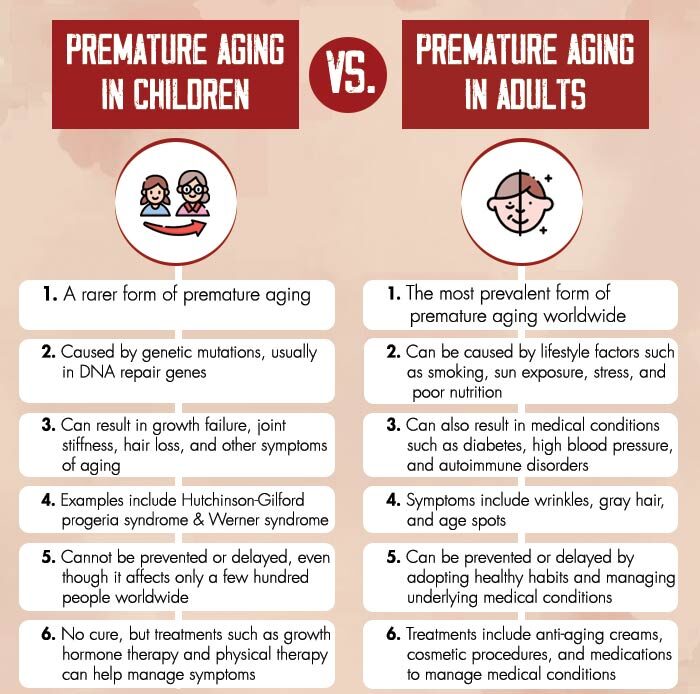
Causes Of Premature Aging
Research 7 Neupane Poudel B. (2018). FACTORS PREDICTING PREMATURE AGING: A PILOT RESEARCH PROJECT FOR HEALTH PROMOTION AND LIFESTYLE. Innovation in Aging, 2(Suppl 1), 89. https://doi.org/10.1093/geroni/igy023.338 attributes the common causes of premature aging to the following:
- Exposure to ultraviolet (UV) radiation from the sun or tanning beds
- Exposure to environmental toxins and pollutants (such as cigarette smoke and air pollution)
- Poor nutrition and diet (like excessive sugar and fat intake)
- Chronic stress and lack of sleep
- Genetics and family history
- Hormonal imbalances (such as those associated with menopause)
- Chronic health conditions (such as autoimmune disorders or diabetes)
- Drug and alcohol abuse
- Sedentary lifestyle and lack of exercise
- Excessive alcohol consumption
- Chronic inflammation and oxidative stress
- Poor skincare habits, such as failure to use sunscreen or moisturizer
- Exposure to radiation and other medical treatments
- Poor dental hygiene
- Exposure to viruses and infections
Premature Aging And Mental Health
Premature aging can have a significant impact on mental health, and vice versa. Particularly in individuals who experience the condition at a young age, the physical changes associated with premature aging (such as wrinkles, hair loss, and decreased mobility) can lead to feelings of shame, embarrassment, and low self-esteem.
This can, in turn, contribute to mental health problems. Stressful life situations and mental health disorders 8 Polsky, L. R., Rentscher, K. E., & Carroll, J. E. (2022). Stress-induced biological aging: A review and guide for research priorities. Brain, behavior, and immunity, 104, 97–109. Advance online publication. https://doi.org/10.1016/j.bbi.2022.05.016 , on the other hand, can lead to a range of negative physical health outcomes that can contribute to premature aging.
In addition to the emotional toll of premature aging, there may also be practical challenges associated with the condition that can impact mental health.
People affected by premature aging may face financial challenges related to medical expenses, equipment, and specialized care. They may also experience discrimination or stigma related to their appearance or health status.
The link between mental health and premature aging
Mental health can play a significant role in premature aging because of the connection between psychological stress and physical health. Mental distress and negative emotions like chronic stress contribute to premature aging 9 Yegorov, Y. E., Poznyak, A. V., Nikiforov, N. G., Sobenin, I. A., & Orekhov, A. N. (2020). The Link between Chronic Stress and Accelerated Aging. Biomedicines, 8(7), 198. https://doi.org/10.3390/biomedicines8070198 through the increased production of cortisol, a hormone that can cause damage to tissues and organs if it is constantly elevated.
This can lead to the breakdown of collagen, a protein that gives skin its elasticity and strength, resulting in wrinkles, sagging skin, and other signs of aging.
Mental health conditions 10 Fernandes, L., & Paúl, C. (2017). Editorial: Aging and Mental Health. Frontiers in aging neuroscience, 9, 25. https://doi.org/10.3389/fnagi.2017.00025 like substance abuse, depression, and sleep or eating disorders can also lead to poor lifestyle habits that accelerate aging, such as a lack of exercise, poor nutrition, and alcohol or drug use.
These habits can lead to oxidative stress, inflammation, and damage to cells and tissues, all of which can contribute to premature aging. Moreover, people with mental health conditions may have a weakened immune system, which can make them more susceptible to illness and disease, thereby further accelerating the aging process.
Premature brain aging and mental health
A severe form of mental health and neurodevelopmental condition, premature brain aging can also accelerate and be accelerated by premature aging. Premature aging induces structural and functional changes in the brain.
This can manifest as symptoms such as memory loss, difficulty with problem-solving, and reduced attention span. It can harm a person’s ability to carry out daily and social activities and maintain independence.
Premature brain aging 11 Chaudhari, P. R., Singla, A., & Vaidya, V. A. (2022). Early Adversity and Accelerated Brain Aging: A Mini-Review. Frontiers in molecular neuroscience, 15, 822917. https://doi.org/10.3389/fnmol.2022.822917 can have a significant impact on mental health. This can lead to feelings of frustration, hopelessness, and low self-esteem, as well as social isolation and reduced quality of life. This impacts mental health through its effects on mood and emotional regulation—triggering personality and behavioral changes.
In most cases, premature brain aging enhances the risks of serious memory disorders 12 Matthews B. R. (2015). Memory dysfunction. Continuum (Minneapolis, Minn.), 21(3 Behavioral Neurology and Neuropsychiatry), 613–626. https://doi.org/10.1212/01.CON.0000466656.59413.29 like dementia, Parkinson’s disease (PD), Alzheimer’s disease (AD), etc.
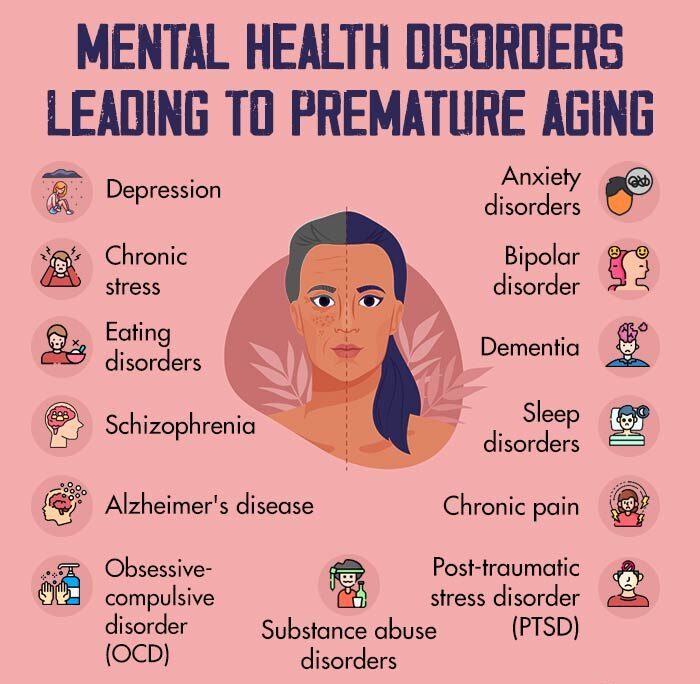
Read More About Dementia Here
Treatment For Premature Aging
Consider the following medical options to timely treat premature aging:
1. Medical interventions
Depending on the cause of premature aging, medical interventions such as hormone therapy, medication, or surgery may be recommended. For example, hormone replacement therapy may be helpful for individuals experiencing premature aging related to menopause, while medication or surgery may be recommended for individuals with certain medical conditions 13 Lessel, D., & Kubisch, C. (2019). Hereditary Syndromes with Signs of Premature Aging. Deutsches Arzteblatt international, 116(29-30), 489–496. https://doi.org/10.3238/arztebl.2019.0489 like androgenic alopecia, juvenile cataracts, etc.
2. Cosmetics treatment
In some cases, cosmetic treatments 14 Amarendra Pandey, Jatana, G. K., & Sidharth Sonthalia. (2019, November 11). Cosmeceuticals. Nih.gov; StatPearls Publishing. Available from: https://www.ncbi.nlm.nih.gov/books/NBK544223/ such as Botox, fillers, or chemical peels may be used to address visible signs of premature aging, such as wrinkles and age spots.
3. Psychological interventions
For individuals who experience emotional distress related to premature aging, counseling or therapy may be recommended 15 Kim, E. S., Tkatch, R., Martin, D., MacLeod, S., Sandy, L., & Yeh, C. (2021). Resilient Aging: Psychological Well-Being and Social Well-Being as Targets for the Promotion of Healthy Aging. Gerontology & geriatric medicine, 7, 23337214211002951. https://doi.org/10.1177/23337214211002951 to help develop coping strategies and improve mental health. This can be particularly helpful for individuals who experience significant social or psychological challenges related to their appearance or health.
Common evidence-based therapies like interpersonal therapy (IPT), cognitive behavioral (CBT), and problem-solving therapy (PST) are used to address the psychological distress of people affected by premature aging. Stress management and relaxation techniques are also recommended to reduce the risks of premature aging.
4. Medications
Medical experts recommend anti-aging medicine (like Vitamin D or calorie-restricting medication) to slow, stop, or reverse the aging process and its associated effects, such as disability and frailty. In some cases, medications 16 Son, D. H., Park, W. J., & Lee, Y. J. (2019). Recent Advances in Anti-Aging Medicine. Korean journal of family medicine, 40(5), 289–296. https://doi.org/10.4082/kjfm.19.0087 may be prescribed to manage underlying health conditions that contribute to premature aging or to address specific symptoms, such as cognitive decline, depression, or sunburn.
However, it is important to work with a healthcare professional to determine the most appropriate medication and dosage and to monitor for side effects and interactions with other medications.
How To Prevent Premature Aging: Self-help Strategies
Recent research 17 Tosato, M., Zamboni, V., Ferrini, A., & Cesari, M. (2007). The aging process and potential interventions to extend life expectancy. Clinical interventions in aging, 2(3), 401–412. shows that the causes of premature aging are sometimes modifiable with lifestyle changes and other interventions that help to reduce the risk of premature aging or slow its progression.
Other factors, such as genetics, are not modifiable, but can still be managed through appropriate medical care and lifestyle choices. However, certain non-medical self-help strategies 18 National Research Council (US) Center for Economic, G. (2010). Enhancing Healthy Aging. In www.ncbi.nlm.nih.gov. National Academies Press (US). Available from: https://www.ncbi.nlm.nih.gov/books/NBK220195/ can also reduce the risk of premature aging. These include:
- Adopting a healthy lifestyle, with a balanced diet and regular exercise.
- Getting adequate sleep and maintaining disciplined sleep hygiene every day.
- Drinking enough water to reduce the risk of dehydration-related health problems.
- Avoiding the excessive consumption of sugary, caffeinated, or alcoholic drinks.
- Minimizing sun exposure by wearing protective clothing and hats, and using a broad-spectrum sunscreen with an SPF of at least 30.
- Practicing good skincare with gentle cleansers, moisturizers, and other skincare products that keep skin healthy and reduce the appearance of fine lines and wrinkles.
- Engaging in relaxation and stress-management techniques such as meditation, deep breathing, or yoga can help reduce stress and promote healthy aging.
- Reducing the risks of loneliness and mental health issues by staying socially connected with friends and family.
- Engaging in stimulating activities, such as reading, learning new skills, or engaging in puzzles and other mentally challenging activities.
- Reducing exposure to toxins like avoiding environmental toxins related to air pollution, chemicals in cleaning products, tobacco smoke, etc.
Takeaway
The symptoms of premature aging can also occur as part of the normal aging process, and the severity and speed of symptom onset can vary widely between individuals. However, generally speaking, premature aging can have significant impacts on an individual’s physical, mental, and emotional health.
Therefore, by taking proactive steps to support healthy aging, individuals can improve their overall health and well-being, and enhance their quality of life as they age.
At A Glance
- Premature aging involves the early or untimely onset of the symptoms of aging.
- It is also known as accelerated aging or progeria.
- It is caused by a combination of genetic and environmental factors.
- Premature aging impacts mental health and vice versa.
- Premature aging can be treated with medical, cosmetic, and psychological interventions.
Frequently Asked Questions (FAQs)
1. Can depression cause premature aging?
Depression increases the risk of premature aging and a shortened lifespan by enhancing the risks of the development of disorders like cardiovascular diseases (CVD), cancer, and dementia.
2. Can I reverse premature aging?
Yes, you can reverse premature aging with simple self-help steps like protecting your skin from excessive sun exposure, quitting smoking, or following a healthy lifestyle with a well-balanced diet and plenty of exercises.
3. What is premature brain aging?
Premature brain aging is defined as untimely alterations in brain structures and decreased cognitive function during adulthood.
4. How does premature aging affect your mental health?
Premature aging negatively impacts mental health, enhancing the risks of developing mental health disorders, neurological disorders, or substance use problems.
5. Which mental changes are associated with premature aging?
A major psychological effect of aging is the decline of short-term memory and cognition, resulting in slower thinking and response times.

